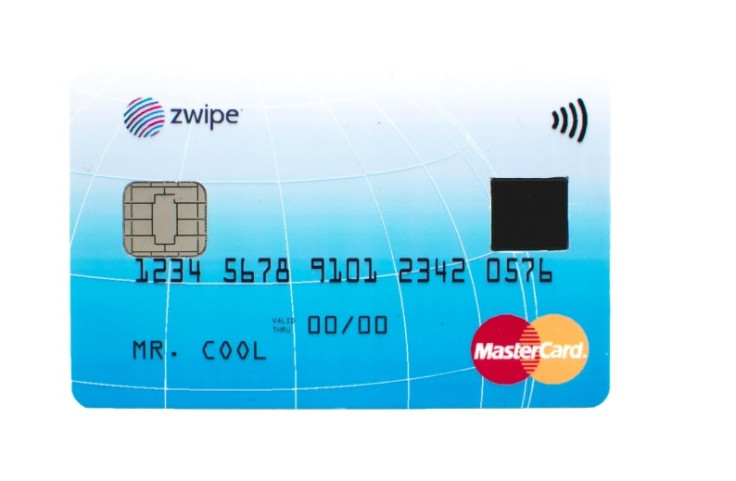Apple Pay: Biometrics are the 'Last Chance Saloon' to Prevent Hacking

Half a decade on from the invention of both the computer password and personal identification numbers, a wave of biometric technologies are finally heralding a new era of more efficient and secure verification.
But while they offer an exit from the quagmire that password-based security systems have created, some security experts have warned that biometrics may have their own, much deeper failings.
The launch of Apple Pay this week - Apple's new mobile payments system that utilises the Touch ID fingerprint sensor - comes just a few days after the unveiling of Mastercard's new Zwipe credit card, which also includes an integrated thumb sensor used to secure transactions.
Both products signal a growing trend of major firms addressing the "password problem", whereby the vulnerabilities of systems secured with passwords, together with the amount of passwords people need to remember, are growing in tandem.

Switching to biometric authentification means that as well as the potential security benefits, the only thing that needs to be remembered is where to place your finger or thumb.
"We believe that biometrics is the way of the future because your biometrics is unique to you and when we marry your uniqueness to a device then that authenticates you," Ajay Bhalla, president of enterprise security solutions at MasterCard, told IBTimes UK. "That's very convenient and that makes it extremely safe for consumers."
'We've only got one of them'
Experts have warned that far more important than convenience is the matter of trust. Max Speur, chief operating officer of SunTec, claims that banks and credit card companies will only embrace biometrics if the system proves to be foolproof.
"When you look at the traditional banking environment or the traditional card players like Visa, Mastercard and Amex, the feeling that they bring to consumers is all about trust," Speur told IBTimes UK. "Their brand is really built on trust and biometrics is providing that level of trust to the market."
A data breach investigations report by Verizon earlier this year revealed that over 90% of security incidents were as a result of stolen passwords. While biometrics could put an end to mass data breaches, biometrics hold their own fallibilities.
"Biometrics in general is a pretty positive thing. I think we should be using as many authentification points as possible," Paul Rodgers, chairman of Vendorcom, told IBTimes UK. "But we need to be very cautious because the biometric element is something that just can't be changed.
"If biometrics are taken from an individual then that's it out in the open forever. We've only got one of them and while they might be much less easy to clone, it's the last chance we've got. We're moving into the last chance saloon."
The future of biometrics
A world without passwords and PIN codes may not be so far away, but the form of their replacement is not yet clear. While fingerprints may be the fashion right now, other technologies are being developed, tested and in some cases introduced.
Last month, Barclays became the first bank to roll out vein identification technology, while other authentification methods include voice recognition, pulse signature or even DNA.
"I think there will be innovations in these areas - whether it's in your eye, your thumb, any features that hold unique capabilities to your body," Speur said. "(They) make access very easy and allows us to move away from passwords.
"So any unique elements in your body that can facilitate to make it much easier, whilst also secure, I think that's the future."
© Copyright IBTimes 2025. All rights reserved.






















